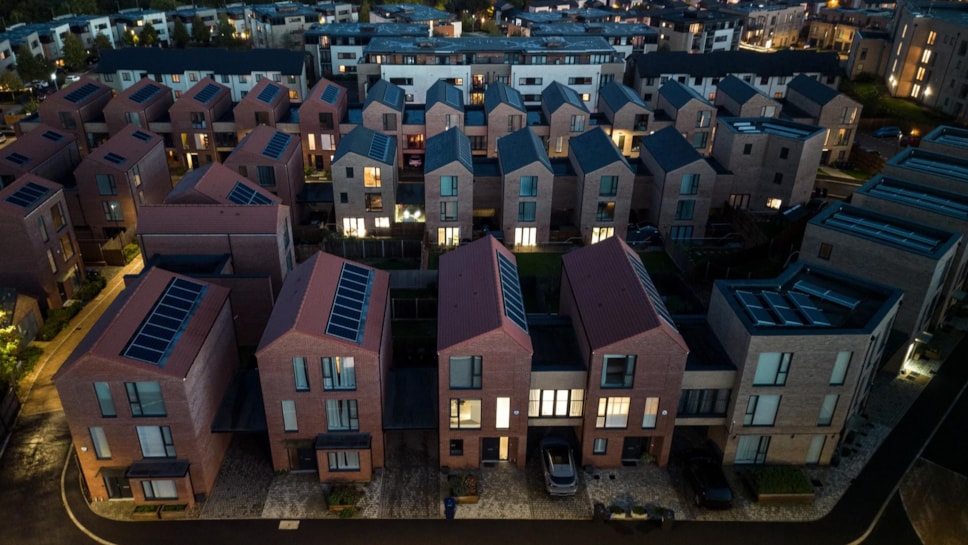
How Energy Sharing Communities could help protect the UK from cyber-attacks
By devolving some of the UK's energy generation to local communities, we could reduce the impact of cyber attacks on our national energy infrastructure.
Richard Horne, head of the National Cyber Security Research Centre, recently announced a significant rise in serious cyber incidents over the last twelve 12 months, and has claimed the UK is underestimating the threat of cyber-attacks from hostile states and criminal gangs.
Possible targets include the country’s media, telecoms, political and democratic institutions, and, crucially, our energy infrastructure. A single attack on a major piece of centralised equipment could potentially knock out hospitals, businesses, and thousands of people’s homes, and it’s vital that the country develops effective defences at all levels.
This may include greater cyber security measures, education, and resilience planning, but another way we can significantly limit the potential impact of would-be attackers is by further decentralising our energy system. Put simply: if a million UK homes all get their electricity from a single generator and that generator is brought down in a cyber-attack, all of those million homes are likely be affected. But if those same homes get all or part of their power from one of a thousand local power plants, the impact will be much smaller.
Nonetheless, it could be prohibitively expensive and difficult to find space for and build thousands of small-scale power plants. Unless, that is, they took the form of Energy Sharing Communities.
Spreading risk with energy sharing
An Energy Sharing Community is where a building such as a school, hospital, church, or supermarket uses its unoccupied roof space to install solar panels, meets its energy needs through self-generation, and sells surplus to the local community at an affordable price.
There are numerous benefits including lower bills for customers, lessened environmental impact, and more funding for vital public services, but establishing these communities could also provide a valuable defence against organised cyber attacks.
If a small community takes all or some of its electricity from local buildings equipped with solar or even wind generators, those generators may still be theoretically vulnerable to threats, but the incentive for potential attackers to target such small assets is significantly reduced, and the impact of doing so would affect only a small number of people who could temporarily draw power from the national grid instead. Likewise, if some major piece of centralised infrastructure was to come under attack, affected households could rely on local generation as a backup. Not only this, but because vital public services such as hospitals would be generating their own electricity as part of energy sharing communities, they would have a localised layer of defence against any external disruptions.
The bottom line is that establishing energy sharing communities could to some degree reduce the threat of cyber-attacks on our energy system, and they could do so without the need for any new infrastructure or development on unused land.
Why do we not already have Energy Sharing Communities?
Given the obvious benefits of bringing energy sharing to the UK, why hasn’t it happened yet? In short, because of an approach to pricing electricity that hasn’t yet caught up to our technological abilities.
Energy sharing may not rely on any new infrastructure, or even existing infrastructure like the national grid, but the electricity produced and shared by local generators is currently subject to the same network costs as power that is converted to high voltage and transported nationally. This is because these costs were conceived at a time when local generation wasn’t feasible, and they now create a financial disincentive for schools, hospitals, and supermarkets to install rooftop solar and start energy sharing.
If we want to bring energy sharing to the UK, bring down customers’ bills, raise revenue for local services and businesses, and create a vital defence against future attacks on our energy infrastructure, the solution is simple: remove network costs to help energy sharing prosumers empower communities across the UK.
To learn more about energy sharing and its benefits, take a look at: Energy sharing: how we hope to empower communities across the UK
